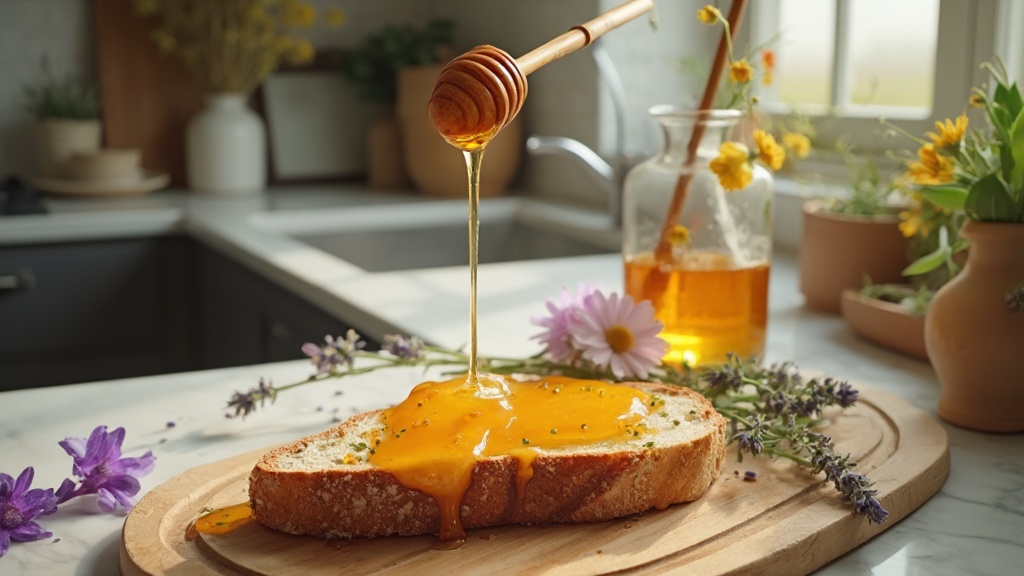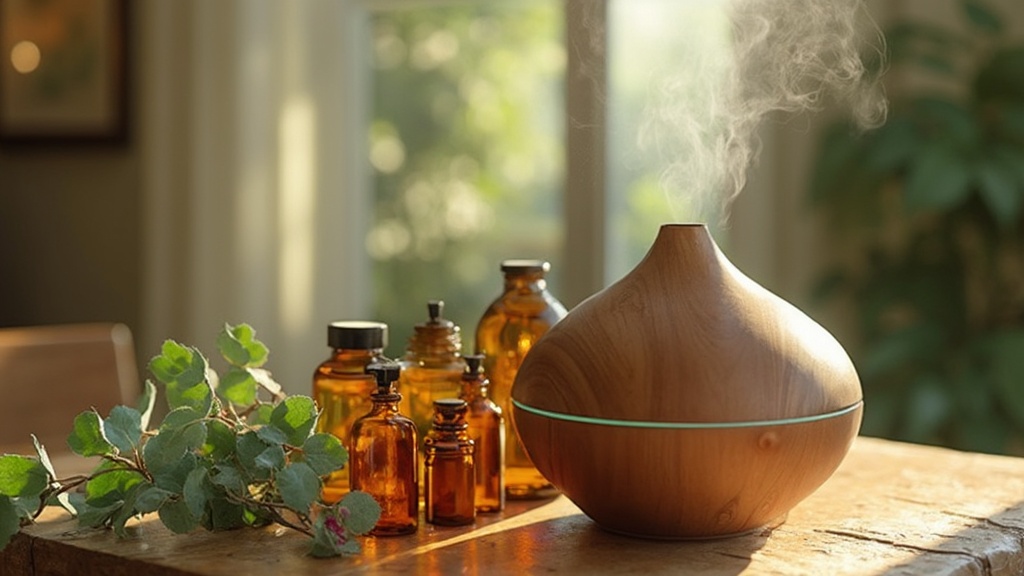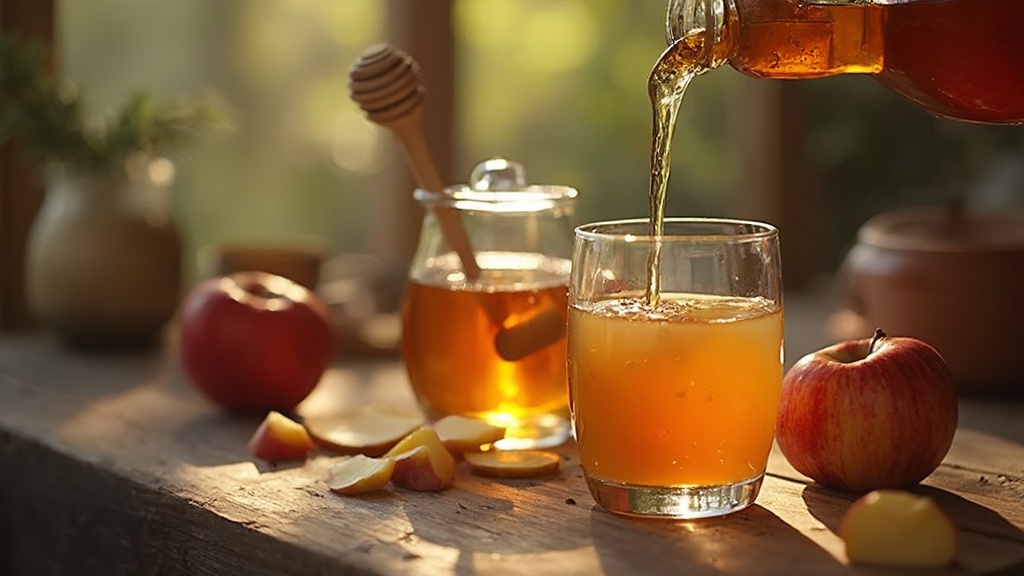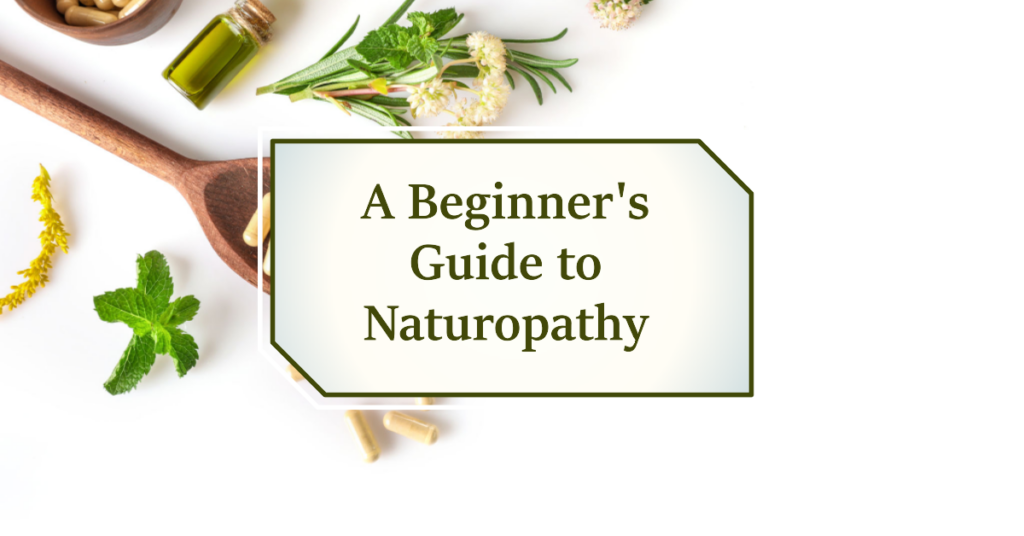7 Home Remedies for Seasonal Allergies

Table of Contents
- Introduction
- 1. Nasal Irrigation
- 2. Local Honey
- 3. Herbal Teas
- 4. Essential Oils
- 5. Acupressure
- 6. Probiotics
- 7. Apple Cider Vinegar
- Conclusion
Introduction
Seasonal allergies can be a frustrating and uncomfortable experience for millions of people worldwide. As the seasons change, pollen and other allergens fill the air, triggering symptoms like sneezing, congestion, and itchy eyes. While over-the-counter medications are commonly used, many individuals are turning to natural remedies for relief. In this comprehensive guide, we’ll explore seven effective home remedies for seasonal allergies that can help you breathe easier and enjoy the outdoors once again.
Before we dive into these natural solutions, it’s important to note that a holistic approach to health, such as the one taught in the Naturopathy Practitioner course, can provide a deeper understanding of how to manage allergies and overall well-being. This course offers valuable insights into natural healing methods that complement the remedies we’ll discuss today.
1. Nasal Irrigation
Time Required: 5-10 minutes
Materials Needed: Neti pot or nasal rinse bottle, sterile saline solution

Nasal irrigation, also known as nasal rinsing or nasal lavage, is a simple yet effective technique for alleviating allergy symptoms. This method involves flushing out the nasal passages with a saline solution to remove allergens, mucus, and other irritants.
To perform nasal irrigation:
- Fill a neti pot or nasal rinse bottle with sterile saline solution.
- Tilt your head sideways over a sink.
- Insert the spout of the neti pot into the upper nostril.
- Allow the saline solution to flow through your nasal cavity and out the lower nostril.
- Repeat on the other side.
According to the Cleveland Clinic, nasal irrigation can provide significant relief from allergy symptoms by clearing out irritants and reducing inflammation in the nasal passages. This technique is particularly effective when used daily during allergy season.
Benefits:
- Removes allergens and irritants from nasal passages
- Reduces nasal congestion and inflammation
- Improves breathing and sinus drainage
- Can be used in conjunction with other allergy treatments
2. Local Honey
Time Required: 5 minutes daily
Materials Needed: Local, raw honey

Consuming local honey is a popular natural remedy for seasonal allergies. The theory behind this approach is that local honey contains small amounts of local pollen, which can help your body build immunity to these allergens over time.
To use local honey for allergy relief:
- Purchase raw, unprocessed honey from a local beekeeper or farmers market.
- Consume 1-2 teaspoons of honey daily, preferably starting a few months before allergy season.
- You can eat the honey straight, add it to tea, or spread it on toast.
While scientific evidence for the effectiveness of local honey in treating allergies is mixed, many people report positive results. A study published in the PLOS ONE journal suggests that certain plant-based remedies, including honey, may have potential benefits for managing allergic rhinitis symptoms.
Benefits:
- May help build immunity to local allergens
- Contains natural antioxidants and anti-inflammatory properties
- Can soothe a sore throat often associated with allergies
- A natural alternative to processed sweeteners
3. Herbal Teas
Time Required: 10-15 minutes
Materials Needed: Herbal tea bags or loose herbs, hot water, honey (optional)

Certain herbal teas have properties that can help alleviate allergy symptoms naturally. Some of the most effective herbs for this purpose include:
- Nettle leaf
- Peppermint
- Chamomile
- Ginger
- Rooibos
To prepare an allergy-fighting herbal tea:
- Choose your preferred herb or a blend of herbs.
- Steep the herbs in hot water for 5-10 minutes.
- Strain and add honey if desired.
- Drink 2-3 cups daily during allergy season.
The Bastyr University highlights the potential of herbal remedies in managing allergy symptoms. For instance, nettle leaf has natural antihistamine properties, while peppermint can help clear nasal passages.
Benefits:
- Natural antihistamine and anti-inflammatory effects
- Helps soothe throat irritation
- Can reduce nasal congestion
- Provides hydration, which is important for managing allergy symptoms
4. Essential Oils
Time Required: 5-15 minutes
Materials Needed: Essential oils (e.g., eucalyptus, peppermint, lavender), diffuser or carrier oil

Essential oils can be powerful allies in the fight against seasonal allergies. Their natural properties can help clear airways, reduce inflammation, and provide relief from various allergy symptoms.
Some of the most effective essential oils for allergies include:
- Eucalyptus
- Peppermint
- Lavender
- Tea Tree
- Lemon
To use essential oils for allergy relief:
- Add a few drops of your chosen oil to a diffuser and inhale the vapor.
- Mix with a carrier oil and apply topically to the chest or behind the ears.
- Add a few drops to a bowl of hot water and inhale the steam.
It’s important to note that essential oils are potent and should be used with caution. Always dilute them properly and perform a patch test before use. Those interested in learning more about the safe and effective use of essential oils might find value in exploring the core principles of naturopathy, which often incorporate aromatherapy as a complementary therapy.
Benefits:
- Can help clear nasal passages and improve breathing
- May reduce inflammation and irritation
- Can promote relaxation and better sleep, which is often disrupted by allergies
- Provides a natural, chemical-free alternative to synthetic air fresheners
5. Acupressure
Time Required: 5-10 minutes
Materials Needed: None

Acupressure is an ancient healing technique that involves applying pressure to specific points on the body to relieve various ailments, including allergy symptoms. This practice is based on the principles of Traditional Chinese Medicine and can be easily performed at home.
Key acupressure points for allergy relief include:
- LI-20: Located on either side of the nostrils
- LI-4: Found in the webbing between the thumb and index finger
- Yintang: Located between the eyebrows
- GB-20: At the base of the skull, in the hollows on both sides of the neck
To perform acupressure:
- Use your fingertips to apply firm, steady pressure to the point for 2-3 minutes.
- Breathe deeply and relax while maintaining pressure.
- Repeat on other points as needed.
While scientific studies on acupressure for allergies are limited, many people find relief through this practice. It’s a safe, non-invasive technique that can be used in conjunction with other allergy remedies. Those interested in learning more about holistic approaches to health might find a comparison between naturopathy and conventional medicine enlightening.
Benefits:
- May help reduce nasal congestion and sinus pressure
- Can promote relaxation and stress relief
- No side effects or drug interactions
- Can be performed anytime, anywhere
6. Probiotics
Time Required: 1-2 minutes daily
Materials Needed: Probiotic supplements or probiotic-rich foods

Probiotics, often referred to as “good bacteria,” play a crucial role in maintaining gut health and supporting the immune system. Recent research suggests that a healthy gut microbiome may help reduce the severity of allergy symptoms.
To incorporate probiotics into your allergy-fighting routine:
- Take a daily probiotic supplement, following the recommended dosage.
- Consume probiotic-rich foods such as yogurt, kefir, sauerkraut, and kombucha.
- Consider prebiotic foods like garlic, onions, and bananas to support probiotic growth.
A study published in the International Forum of Allergy & Rhinology found that probiotics may help reduce the symptoms of allergic rhinitis. While more research is needed, many naturopathic practitioners recommend probiotics as part of a comprehensive approach to allergy management. For those interested in learning more about natural approaches to health, exploring the principles, practices, and benefits of naturopathy can provide valuable insights.
Benefits:
- May help modulate the immune system’s response to allergens
- Can improve overall gut health and digestion
- May reduce inflammation throughout the body
- Can support overall immune function
7. Apple Cider Vinegar
Time Required: 5 minutes
Materials Needed: Raw, unfiltered apple cider vinegar, water, honey (optional)

Apple cider vinegar (ACV) has been used for centuries as a natural remedy for various ailments, including allergies. Its potential benefits for allergy sufferers stem from its anti-inflammatory and immune-boosting properties.
To use apple cider vinegar for allergy relief:
- Mix 1-2 tablespoons of raw, unfiltered ACV with 8 ounces of water.
- Add a teaspoon of honey for taste, if desired.
- Drink this mixture once or twice daily, preferably before meals.
While scientific evidence specifically linking ACV to allergy relief is limited, many people report positive results. The acetic acid in ACV may help break up mucus and support lymphatic drainage, potentially easing congestion. Additionally, its prebiotic properties can support gut health, which is increasingly recognized as important for overall immune function.
For those interested in exploring more natural approaches to health, a beginner’s guide to naturopathy can provide valuable insights into holistic healing methods.
Benefits:
- May help reduce mucus production and clear nasal passages
- Contains beneficial bacteria that can support gut and immune health
- Has anti-inflammatory properties that may help reduce allergy symptoms
- Can be easily incorporated into daily routines
Conclusion
Seasonal allergies can significantly impact quality of life, but these seven home remedies offer natural, accessible ways to find relief. From nasal irrigation to apple cider vinegar, each method provides unique benefits that can help manage allergy symptoms effectively. It’s important to remember that what works best can vary from person to person, so don’t hesitate to experiment with different combinations to find your ideal allergy-fighting routine.
For those looking to deepen their understanding of natural health practices, courses like the naturopathy practitioner training course can provide comprehensive knowledge on holistic approaches to wellness, including managing seasonal allergies and other health concerns.
By incorporating these natural remedies into your daily routine and adopting a holistic approach to health, you can potentially reduce your reliance on over-the-counter medications and enjoy the changing seasons with greater comfort and ease.
Explore More
- What Can You Do with a Naturopathy Certification?
- 7 Reasons to Become a Naturopathic Practitioner
- Dispelling Myths: Naturopathy is Not Pseudoscience, It is Evidence-Based Healing
- Understanding Differences Between Naturopathy Practitioner and Naturopathic Doctor
- Integrating Naturopathy with Conventional Medicine
- Naturopathic Medicine in Women’s Health
- Getting Natural Relief from Pain Through Naturopathy
- 10 Naturopathic Treatments for Specific Health Conditions
References
- Traditional Uses, Active Ingredients, and Biological Activities of Paris polyphylla Smith: A Comprehensive Review
- ACGME Equity Matters
- NYC Parks: GreenThumb Community Gardens
- Bastyr University: Natural Treatments for Seasonal Allergies
- PLOS ONE: Efficacy and Safety of Single Medicinal Plants for Allergic Rhinitis
- Cleveland Clinic: Nasal Irrigation










Responses